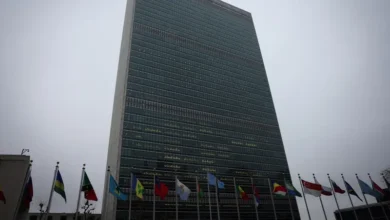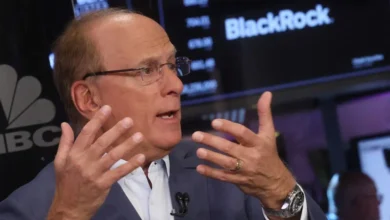Turkey’s inflation climbs past 60 percent as oil prices threaten outlook

Turkish inflation probably exceeded 60 percent for the first time this year as higher energy costs complicate efforts to contain domestic demand with jumbo interest-rate hikes.
The pace of annual price gains accelerated to near 62 percent last month from almost 59 percent in August, according to the median forecast in a Bloomberg poll of economists. Turkey’s statistics office is due to release the data on Tuesday.
The month-on-month figure is expected to come in at 4.8 percent, almost half the 9.1 percent level recorded in August, according to a separate survey. That reflects the dwindling effect of summer tax increases even as the cost of food and services continues to drive up annual inflation.
Istanbul city’s annual retail inflation reached 73 percent in September, down from 74 percent in August, according to data published by the Istanbul Chamber of Commerce on Sunday.
“We expect inflation to reach a peak of 70 percent in the second quarter of next year, before decelerating to a year-end rate of around 40 percent in 2024. We see even higher price gains as a likely risk scenario, if the currency weakens further or there’s a sustained trek upwards in oil prices,” said economist Selva Bahar Baziki.
The Turkish central bank has embarked on a cycle of large back-to-back rate increases in an effort to curb domestic demand that’s been a major driver of inflation over the past two years.
President Recep Tayyip Erdogan pursued a doggedly pro-growth policy that relied on low borrowing costs in the runup to this year’s election. The central bank has more than tripled its key rate to 30 percent since Turkey’s new economy team was assembled in June.
But an upside risk that monetary authorities can’t control has emerged over the same period.
International crude benchmark Brent has soared almost 30 percent to near $100 a barrel since the start of June. Turkey is a big energy importer and the central bank’s estimate for the annual average oil price is currently at $79.4.
“Considering the rising trend of oil prices, the central bank’s monetary tightening campaign may have to bring rates to a higher peak level than first envisaged,” Yatirim Finansman Chief Economist Erol Gurcan said.
Rising energy costs are also putting pressure on the lira, which Turkey is seeking to stabilize as part of its fight against inflation. Bank of America Corp. strategists see the Turkish currency weakening to 30 per dollar in the last quarter of 2023.
The central bank’s rate-setting committee is due to convene on October 26. Governor Hafize Gaye Erkan will announce the bank’s revised year-end inflation estimates a week later.










